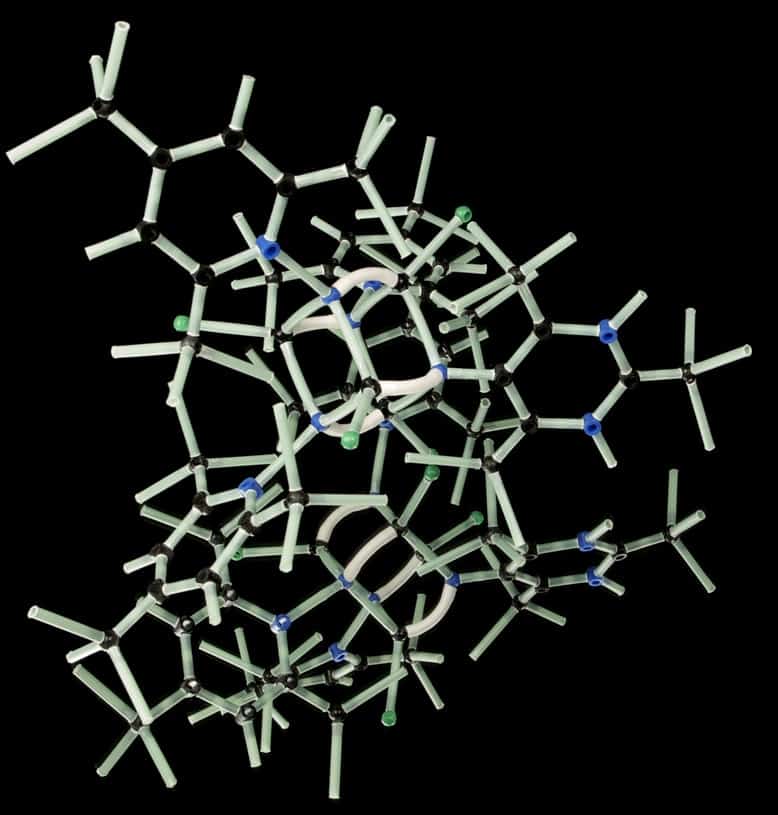
“The rapid economic development of the United States is frequently taken for granted, treated as a nonproblem that requires little formal analysis. To many historians, American prosperity is simply a logical extension of natural abundance.” So writes historian Thomas Doerflinger, in his book A Vigorous Spirit of Enterprise. For him, this spirit explains much more fundamentally why some countries prosper and some do not.
What is the cause of abundant production? If there ever was a momentous question, that is one. Could many historians really attribute it primarily to natural abundance? If so, such an explanation seems an extraordinary injustice. For, as Doerflinger argues, it glosses over the human contribution — all the knowledge, ingenuity, work, perseverance — every manmade element and action that makes it possible.
It’s a vast contribution that applies not just to producing goods and services directly but also indirectly, such as toward saving and accumulating capital, and creating legal systems that protect production too.
Yes, all productive work begins with the raw material of nature, and having more raw material is better than having less. But that is only where it starts. Where it goes from there — that is the true cause of wonder and celebration.
Be First to Comment